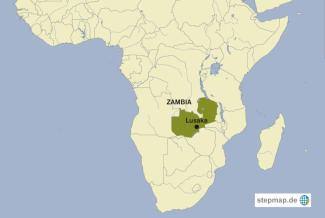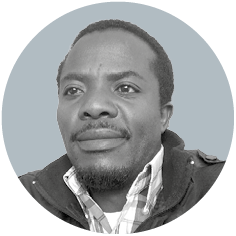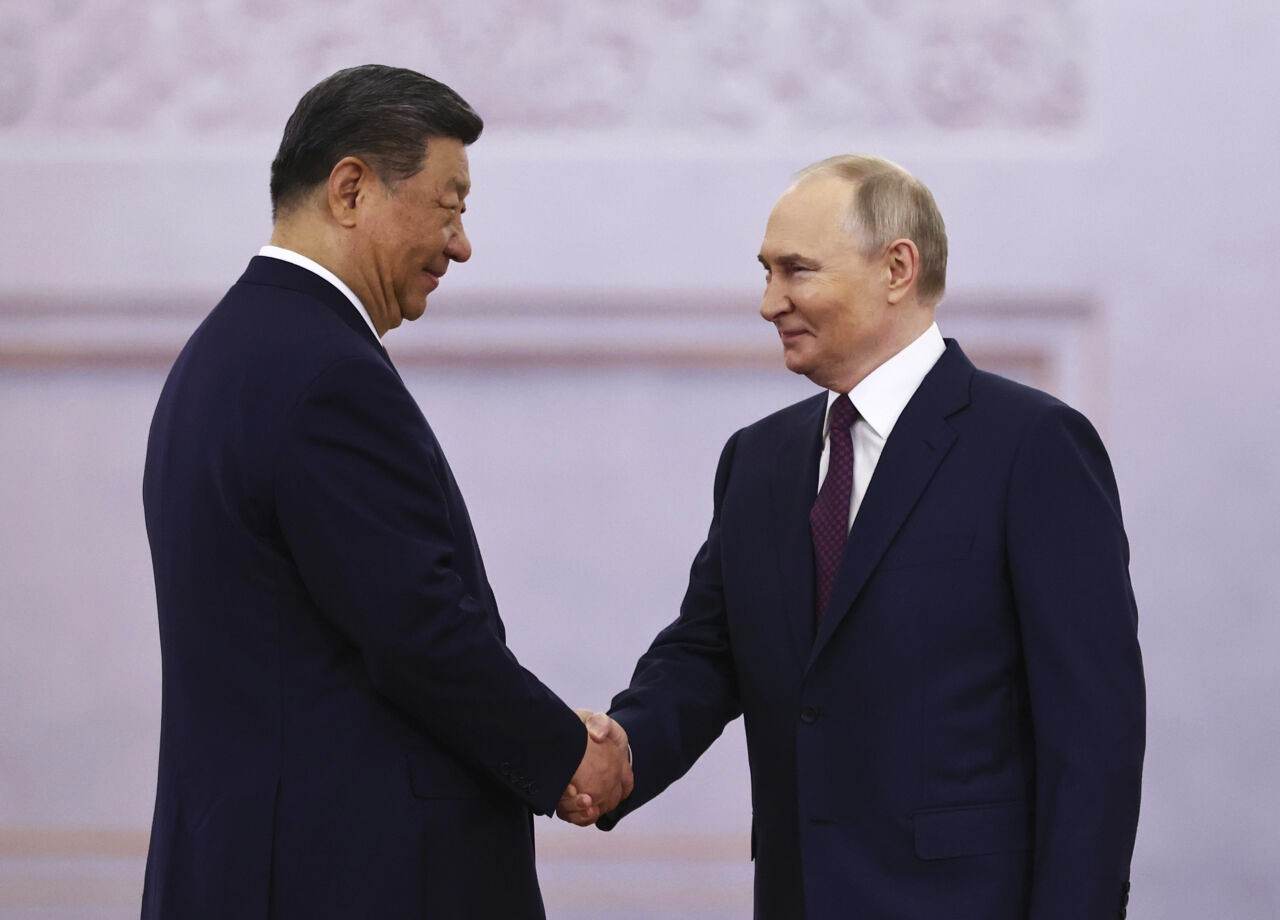Democracy
Taking to the cyber-streets

Normal 0 21 false false false DE X-NONE X-NONE /* Style Definitions */ table.MsoNormalTable {mso-style-name:"Normale Tabelle"; mso-tstyle-rowband-size:0; mso-tstyle-colband-size:0; mso-style-noshow:yes; mso-style-priority:99; mso-style-parent:""; mso-padding-alt:0cm 5.4pt 0cm 5.4pt; mso-para-margin:0cm; mso-para-margin-bottom:.0001pt; mso-pagination:widow-orphan; font-size:10.0pt; font-family:"Calibri",sans-serif;}
As was the case in the 2016 elections, the government is not taking kindly to protests. In that election, riots and irregularities marred the results and 300 protesters were arrested.
This time, however, instead of protesting in the streets, opponents are protesting mainly online – using Facebook, Instagram, Messenger and WhatsApp – thereby reaching a broader audience and making it more difficult for authorities to find them.
From an undisclosed location outside of Lusaka, a group of young activists recently livestreamed a series of speeches denouncing corruption and poor governance. The Facebook livestream attracted 450,000 views in seven hours, making it the most widely viewed social media feed in Zambian history.
“We used the protest to present a charter for a free society in which every Zambian can aspire to attain a decent living,” says artist Maiko Zulu, a participant in the livestream.
The charter, which focuses on improving conditions for young people, demands more and better job opportunities, actions to stop corruption, and respect for human rights. It also demands accountable leadership, improved education standards, and a fairer tax system.
The government has threatened retaliation against protesters. “Those of you in Lusaka who are plotting to bring chaos by saying ‘we will demonstrate, we have freedom of speech, freedom to insult people,’ we will deal with you under the law,” said President Edgar Lungu. “You want to provoke the police so that they react like the police in America. You speak of change, but we will change you instead.”
Using Facebook helps protesters to evade efforts to shut them down. “There are two streets, the physical ones and the social media ones,” says Chama Fumbe, an activist rapper known as ‘Pilato’. “We have more influence via the social media street than if we had used the physical streets.”
“Congratulations to Pilato and his group for a successful event,” says Chishimba Kambwili, leader of the opposition National Democratic Congress party. “They have shown that innovation works, and that there are effective ways to deal with a dictator who relies on physical force. When you use technology and innovation you can defeat them easily.”
“The livestream sent panic through the Patriotic Front regime,” agrees political activist Dante Saunders. “They can see the undercurrent of discontent in the country.”
Not everyone agrees that forceful verbal attacks via social media are the best form of political dialogue. “The developments we are seeing today will fragment our nation,” says Andrew Sinkala, a student at the University of Zambia. “We need to protect the nation from political chaos.”
Derrick Silimina is a freelance journalist based in Lusaka. He focuses on Zambian agriculture and sustainability issues.
derricksilimina@gmail.com















